A presentation on Turkish wedding customs and traditions given at St Petersburg University
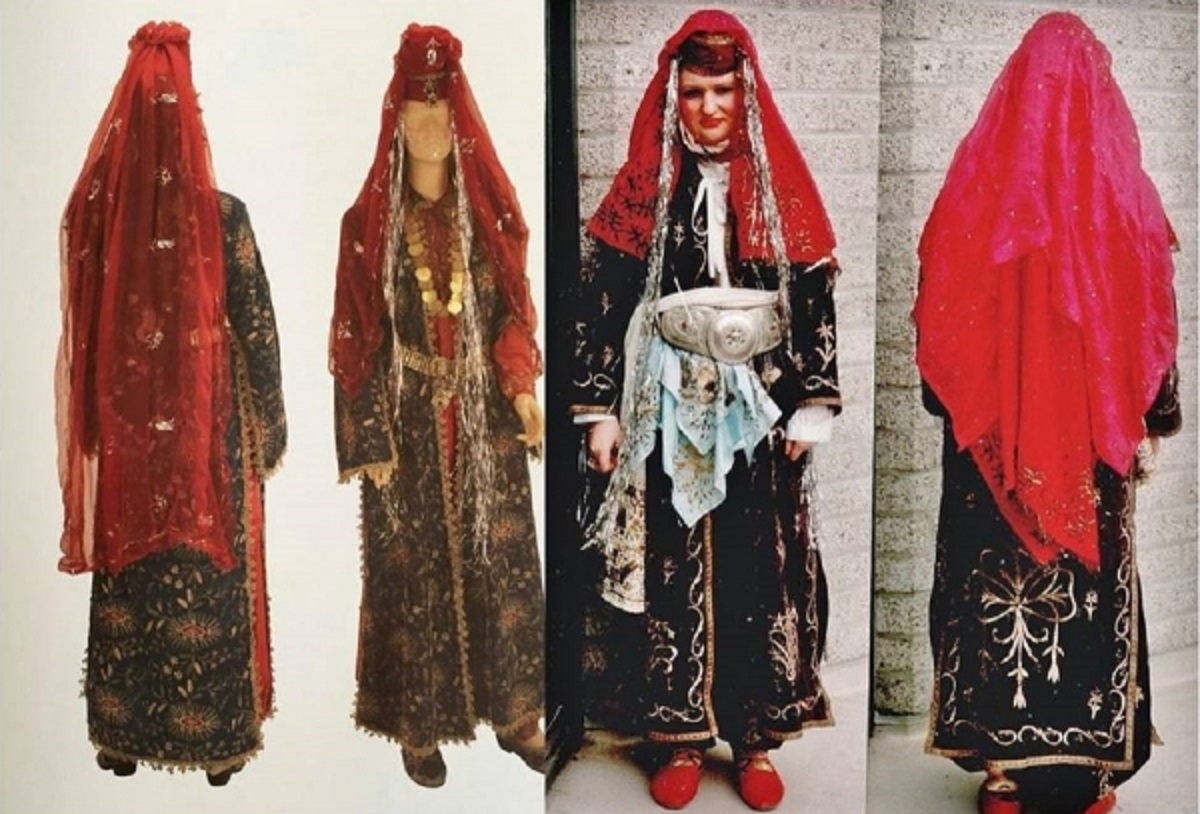
St Petersburg University has held a presentation of the second exhibition from a series of online exhibitions dedicated to traditional Turkish dress. The exhibition series are organised by St Petersburg University with the assistance of the Embassy of the Republic of Turkey in Russia and the Turkish Consulate General in St Petersburg. The second exhibition presents traditional Turkish clothing made of felt in modern interpretations. As part of the event, Dr Fatma Koç, Professor in the Department of Fashion Design at Ankara Haci Bayram Veli University, delivered a key-note presentation on the history of the wedding dress in the Ottoman Empire.
According to Sergey Andryushin, Deputy Rector for International Affairs of St Petersburg University, the first exhibition has been a great success — it revealed new facets of Turkish culture to the Russian audience. ‘These projects were made possible thanks to the support of our long-standing and reliable partners — the Embassy of the Republic of Turkey in Moscow and the Consulate General of the Republic of Turkey in St Petersburg,’ stressed Mr Andryushin.
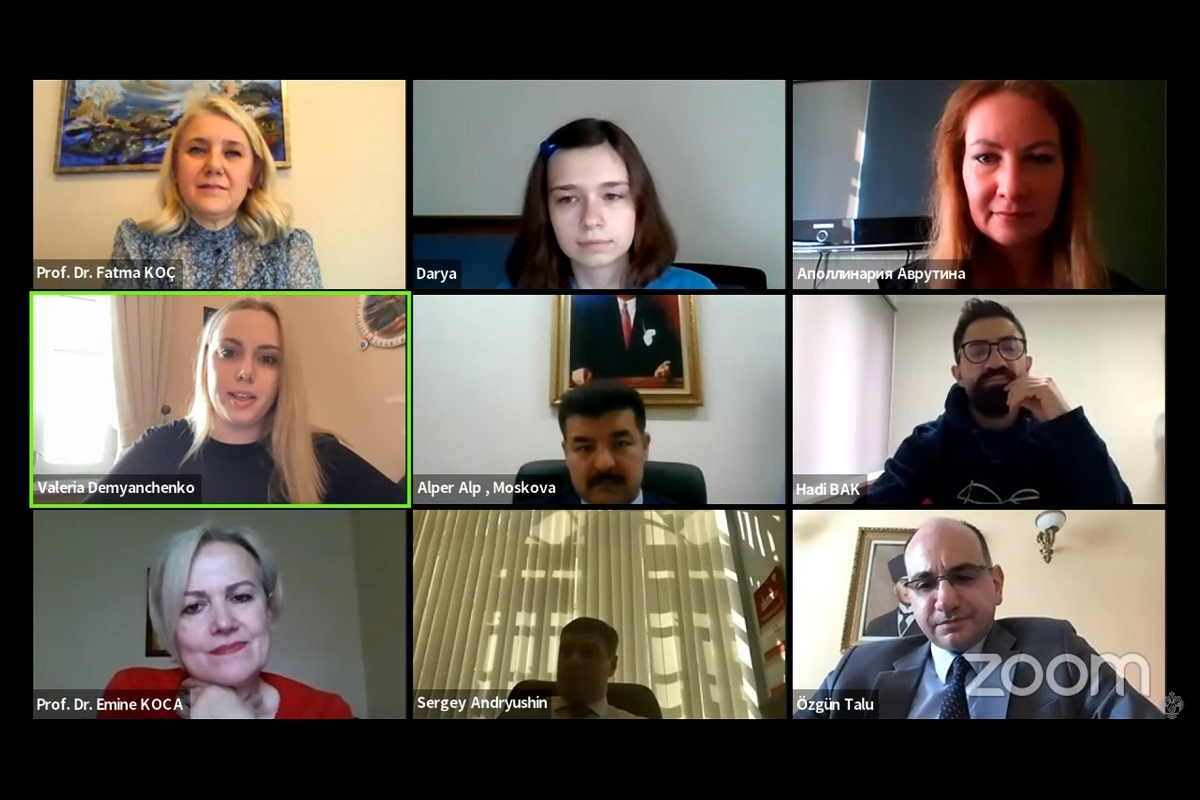
Mr Özgün Talu, Consul General of the Republic of Turkey in St Petersburg, noted that the mutual respect of Russia and Turkey developed a genuine interest in each other and in their respective cultures after the end of the Cold War. ‘Thousands of marriages between citizens of our countries and hundreds of thousands of children born in these marriages have been the natural result of this interest,’ said Mr Talu. He also noted that in Russia, Turkish wedding customs and traditions might be known thanks to popular Turkish TV series.
Alper Alp, Counsellor in Education at the Embassy of the Republic of Turkey in Moscow, said that wedding ceremonies are major events in the lives of people from all walks of life. ‘Every nation, every people, in its own unique way, celebrates the significance of marriage and family,’ said Professor Alp. ‘For example, in Turkey, a married man was called bey, which meant "ruler", and a married woman was called hatun — "ruler’s wife". This shows how the Turks value the institution of the family.’
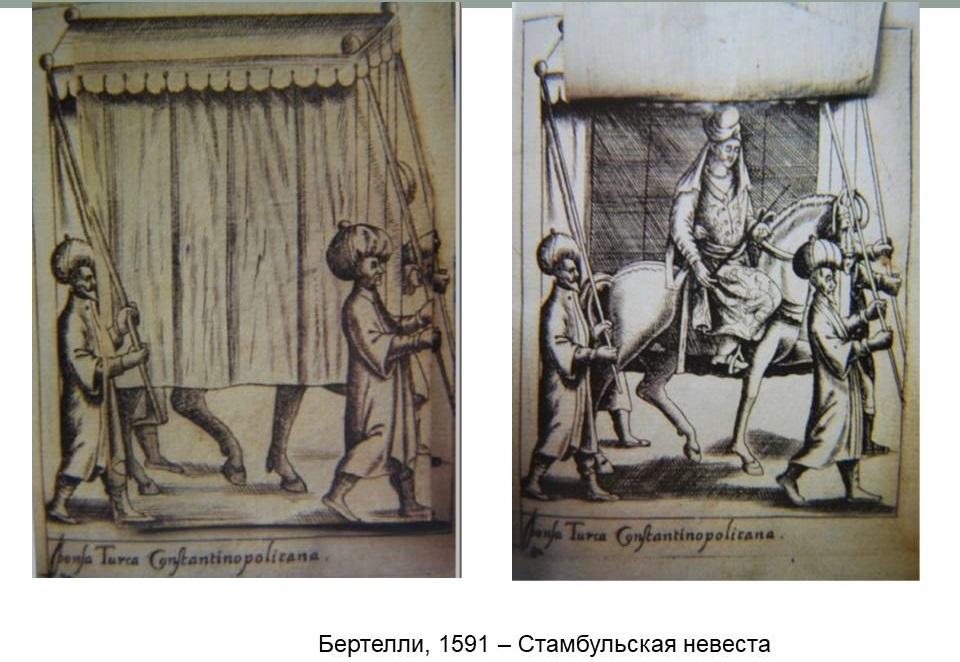
Professor Apollinariia Avrutina, Director of the Centre for Contemporary Turkish Studies and Russia-Turkey Relations at St Petersburg University, drew attention to the need to study the everyday culture and traditions of peoples.
A good knowledge of anthropology, ethnography and culture of neighbouring nations bears testimony to strong and well-established relationships. This helps to understand your neighbour and maintain friendly relations.
Professor Apollinaria Avrutina, Director of the Centre for Contemporary Turkish Studies and Russia-Turkey Relations at St Petersburg University
‘Turkish society has always emphasised the sanctity of marriage. To celebrate the beginning of a new family unit a special ceremony was held,’ said Professor Fatma Koç at the beginning of her presentation. ‘The bride and groom were the centre of attention — the most magnificent outfits and exquisite jewellery were created for them.’
Professor Fatma Koç spoke about the main events and customs associated with Turkish wedding ceremony and about the traditional bridal jewellery. According to Professor Koç, Turkish wedding traditions had been formed before the Turks moved to Anatolia. These traditions passed down from generation to generation; and despite some regional differences, in their essence, they are similar throughout the country.
For the bride, it was important to prepare her bridal trousseau — "çeyiz". Before the wedding, the bride’s family would hold a "çeyiz serme" — the trousseau display. When members of the ruling dynasty got married, the sultan would usually give them a palace as a wedding gift. Then, the bridal trousseau would be delivered there. Before the wedding, the new palace and trousseau would be demonstrated to influential people — the Sultan’s family members and state officials.
There are dozens of unique Turkish customs associated with a wedding ceremony. One of them is the so-called henna night. It usually takes place a day or two before the actual wedding and is only attended by women. ‘Nowadays, it is an entertainment event, a "hen party",’ said Fatma Koç. ‘However, this actually is a sad event. After all, for the bride, this is the farewell to her parents’ home.’ On henna night, the bride’s palms are painted with henna, but first, her mother-in-law is supposed to place a gold coin in her hand. From that moment, the girl belongs to her new family. The family’s farewell to the daughter is symbolised by the custom of the father covering the bride’s head with a veil and tying a red belt around her waist.
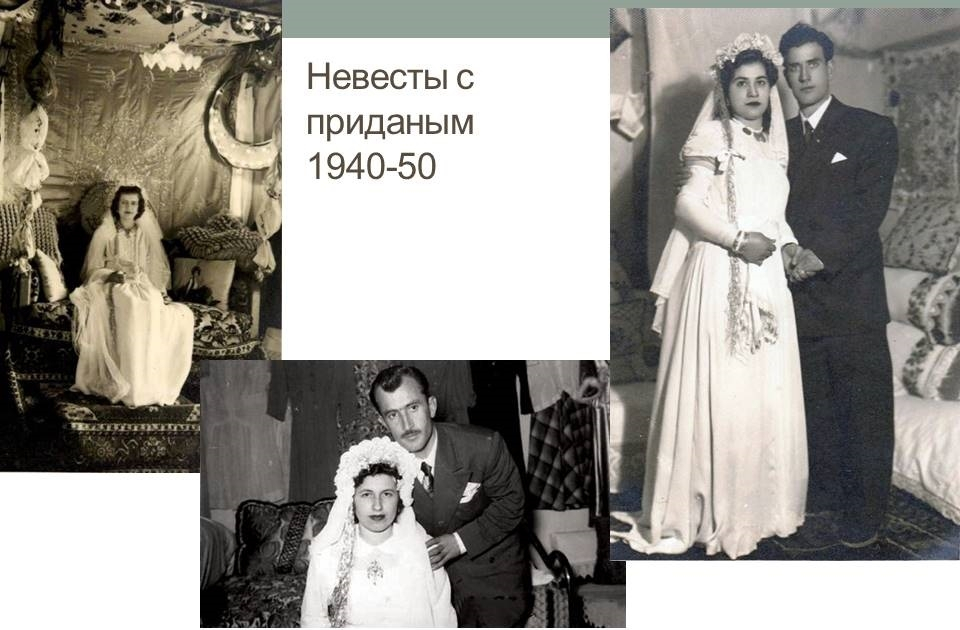
‘A wedding ceremony was a rite of passage — a transition into a completely new life, a new beginning, almost a second birth,’ explained Fatma Koç, Professor in the Department of Fashion Design at Ankara Haci Bayram Veli University. ‘Hence, there are elements in the traditional bridal attire that signify a bride’s rebirth into her husband’s family.’ Professor Koç spoke about the bridal headdresses and capes. She also mentioned that in Turkish there is an expression ‘a bride in a red veil adorned with tinsel’, which implies a happy bride who is marrying for love.
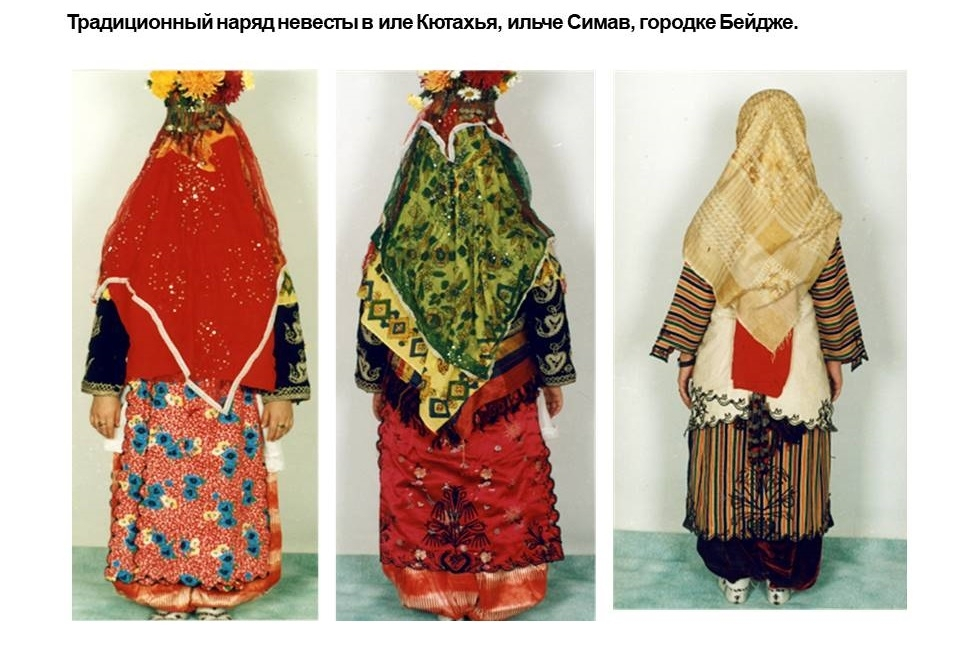
The transition from traditional to European wedding dress took place after the formation of the Republic of Turkey in 1923. Some elements of traditional clothing, however, were preserved until the 1960s, and many of the wedding traditions are still observed nowadays.

